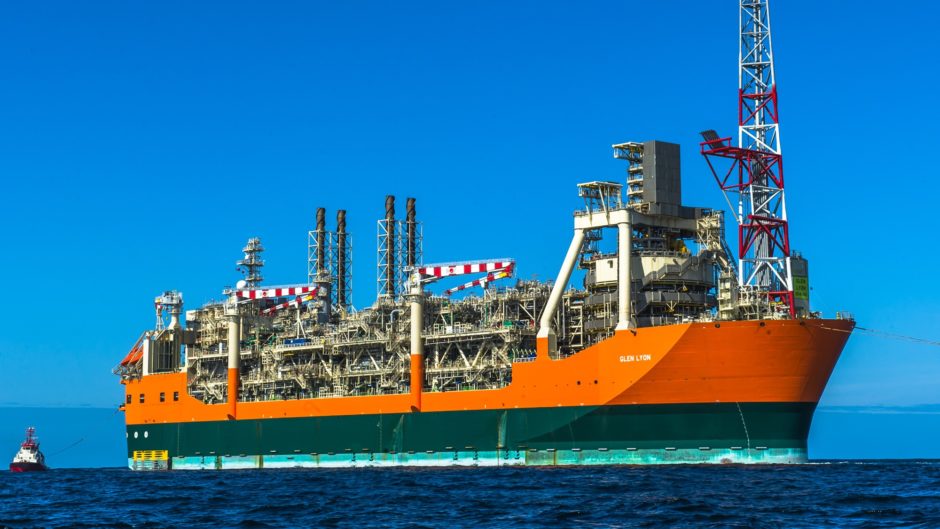
Oil and gas giant BP is understood to be at loggerheads with a UK safety authority over how it is preparing North Sea workers for lifeboat evacuation.
The Health and Safety Executive (HSE) said last night it had served BP with an improvement notice on its Glen Lyon floating production vessel, west of Shetland.
RMT Union revealed staff on board vessel the had been doing “simulated” lifeboat training instead of drills where workers enter lifeboats.
BP has appealed the safety notice – which could spark a lengthy legal tribunal – and called for an industry standard to be set.
Jake Molloy, regional organiser for RMT, described the practise by BP as “sending the wrong message”, adding that he had personally never heard of any other operator using such a training method.
He also claimed lack of real world training on offshore lifeboats results in a situation where staff consider boats “dangerous”.
He said: “It’s pretty sad that we are having a legal battle about what is to my mind a fundamental part of offshore training.
“The idea that you can’t use safety critical equipment for training purposes then it sends out totally the wrong message to industry.”
Step Change in Safety, the North Sea safety industry body, refused to comment, but did confirm that “muted discussions” are underway on the issue.
A BP spokesman said: “BP is implementing a programme which will enhance workforce familiarisation with lifeboat operation on offshore installations in the UK Continental Shelf (UKCS) where operators have differing practices.
“We believe our approach is an example of good practice and we would welcome further dialogue with the HSE and others to achieve a consistent approach across the UKCS.
“The safety of our people is central to everything we do and we will never compromise safety for any business decision.”
HSE said it had served the safety notice to BP “as a result of concerns uncovered during our routine intervention work”.
North Sea representative body Oil and Gas UK (OGUK) said last night that it is currently working with the relevant safety authorities to “consider the issues being raised” around lifeboat training offshore.
The concerns surrounding BP’s training methods were first raised through RMT Union’s new anonymous whistleblowing app, Blowout.
One offshore worker raised fears that simulated training was not standardised across the sector and was surprised that BP seemed to be “the only operator opposed to the idea of familiarisation training in lifeboats.”
They added that any dispute between BP and HSE “is likely to be a lengthy legal process and an extremely costly process”.
Mr Molloy echoed the whistleblower’s concerns, pointing out that lack of physical training in a lifeboat has the potential to cause issues when workers move on to another vessel or North Sea platform.
He said the majority of fatal accidents involving lifeboats have occurred during routine maintenance operations, but that there can’t be a “conflicting message” within the sector.
He added: “Are BP saying that it isn’t safe to be in the boat? That the risk too high? That’s the only justification you could possibly have?
“But you have to balance that risk with people not being able to use the equipment.
“God forbid something happens and you’ve never been in the thing.”
A safety insider said the offshore sector was aware of the concerns around safety with lifeboat training.
They added that concerns around standardisation of training were a common issue, describing it as a “minefield”.
OGUK Health and Safety Manager Trevor Stapleton said: “We are aware of the differing views on platform lifeboat familiarisation and are working with relevant bodies including HSE and Step Change in Safety to consider the issues being raised in this regard.”
Recommended for you
